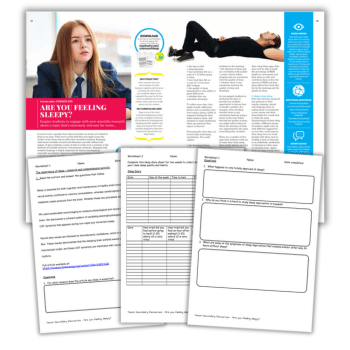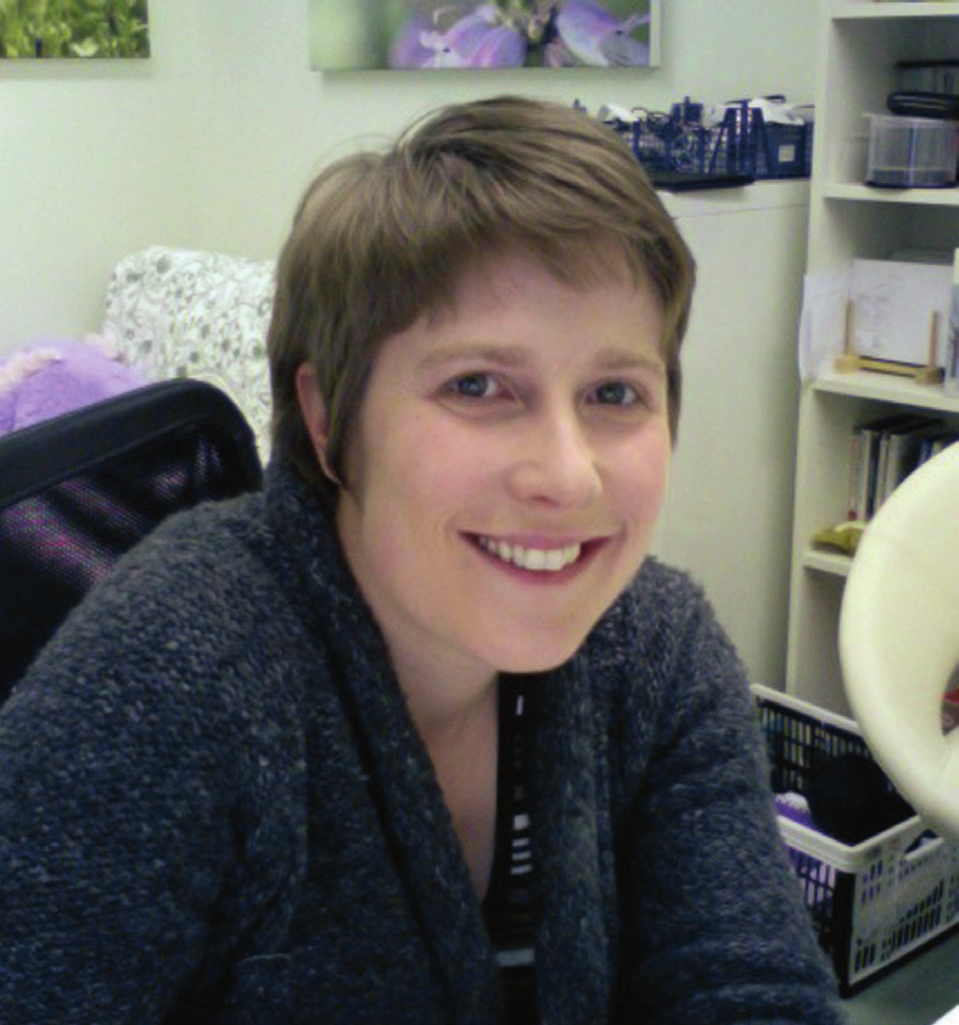Two-page PDF lesson plan, plus PDF and Word document versions of worksheets
KS3
Years 7-9
Inspire students to engage with new research about a topic that’s extremely relevant for teens – the science of sleep.
Scientists have discovered that our brains are bathed in fluid as we sleep. Tidal waves of this fluid flow and ripple across the surface of the brain with an effect that resembles washing.
Engaging with recent scientific research and literature can both enthuse and inspire. It gives students a sense of what it is like to be a scientist at the forefront of scientific discovery and promotes creativity.
Engaging with complex language is hugely important for literacy development. This is especially because students’ exposure to technical non-fiction is regularly reduced to snippets, headlines and tweets.
The activities you might explore through this lesson could help them to decode more complex words and phrases and promote better application of knowledge.
Why teach the science of sleep?
More research than ever demonstrates the links between cognitive performance and sleep. At a time when your students’ sleep is more squeezed than ever by 24-hour device availability and social media, make some time to talk about why this matters.
Key curriculum links
Sleep is one of the most important biological processes our body undergoes. Excite your KS3 students by sharing groundbreaking scientific research into sleep.
Support them with activities designed to help them assess and improve their own sleep habits.
Download contents
- Full PDF lesson plan
- 3 worksheets as PDFs and Word docs
Starter activity
Explain to students that in this lesson we are going to discover why sleep matters. To start with, they are going to be given extracts from recent research articles into the importance of sleep, which they must summarise so that another class member would understand, in their own words.
They are not allowed to use any words they do not understand, but they can look up meanings. Examples of articles and abstracts available on the internet include Science, Live Science, Nature and Science Daily.
There are enough available to select articles or abstracts with a level of difficulty that will challenge and develop the literacy of any students you may be working with.
Dr Joanna Rhodes M.Chem, D.Phil, MRSC is Head of Sixth Form at Wakefield Girls’ High School.














